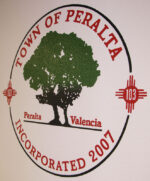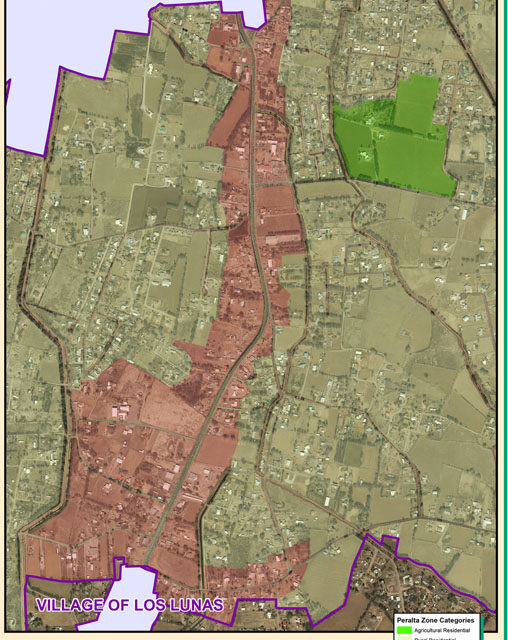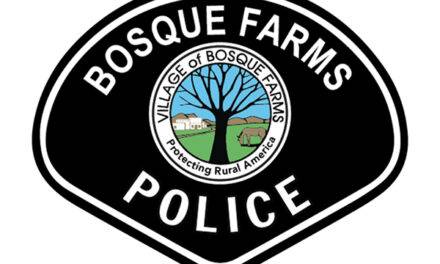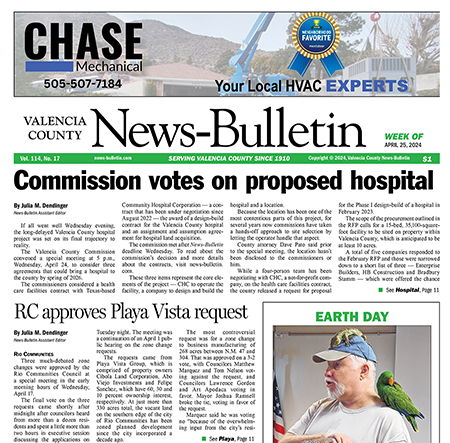
At a recent meeting, Peralta town councilors approved the comprehensive zoning ordinance N.M. 47 overlay zone.
Town Clerk Kori Taylor said these new changes will not affect the current businesses along the main street of town; it will only impact new, incoming businesses.
“We want to be able to monitor what businesses come in and hold them to a standard,” Taylor said. “We want them to have an attractive appearance at the front to go a long with the main street of Peralta.”
The ordinance outlines what kinds of guidelines regulated businesses have to follow. Regulated businesses include adult entertainment establishments, body art/modification establishments, bail bonds, salvage or scrap facilities and other similar business types.
Stricter guidelines have been implemented to avoid what the ordinance calls the “skid-row effect,” or “a high density of businesses that may have the potential to create adverse effects on the surrounding area and community.”
“We want to make sure they have the proper licensing and the proper age group. They’re just stricter guidelines, that’s the main thing,” Taylor said.
The application for a regulated business first goes to the planning and zoning official or administrator, then to the planning and zoning commission for a preliminary public hearing.
The applicant must give public notification via signs on the premises, then the commission must review and submit a written recommendation to the governing body. A final public hearing will be held where all interested parties can voice their opinions.
“We don’t want to scare any kind of potential commercial (businesses) from coming here,” Taylor said. “We want to give an overlay of what they need to do — have more defined steps of bringing in a business.”
Incoming regulated businesses along N.M. 47 have to be at least 1,000 feet from another regulated business, must be at least 1,000 feet away from a school property line, a state-licensed child-care facility or youth-frequented locations, and must pay a yearly regulated business licensing fee.
The ordinance clarifies in more detail what a special use permit is and what is considered conditional use.
Special use permits are designated for things such as wireless cell phone towers, planned residential developments, animal shelters or other uses that require special consideration.
A conditional use permit can be either permanent or renewable for uses such as amusement parks, caretaker dwelling units, mobile home/manufactured homes and other establishments that will need approval by the planning and zoning commission.

















